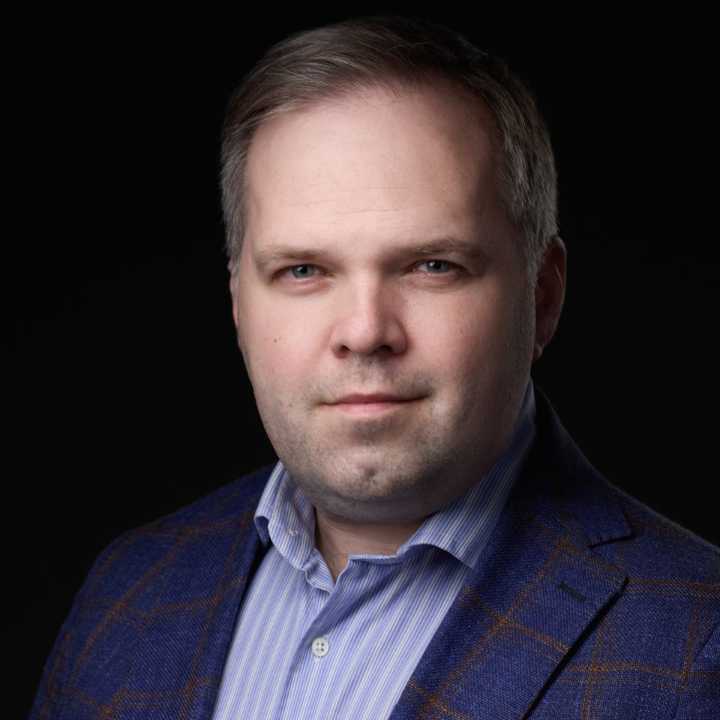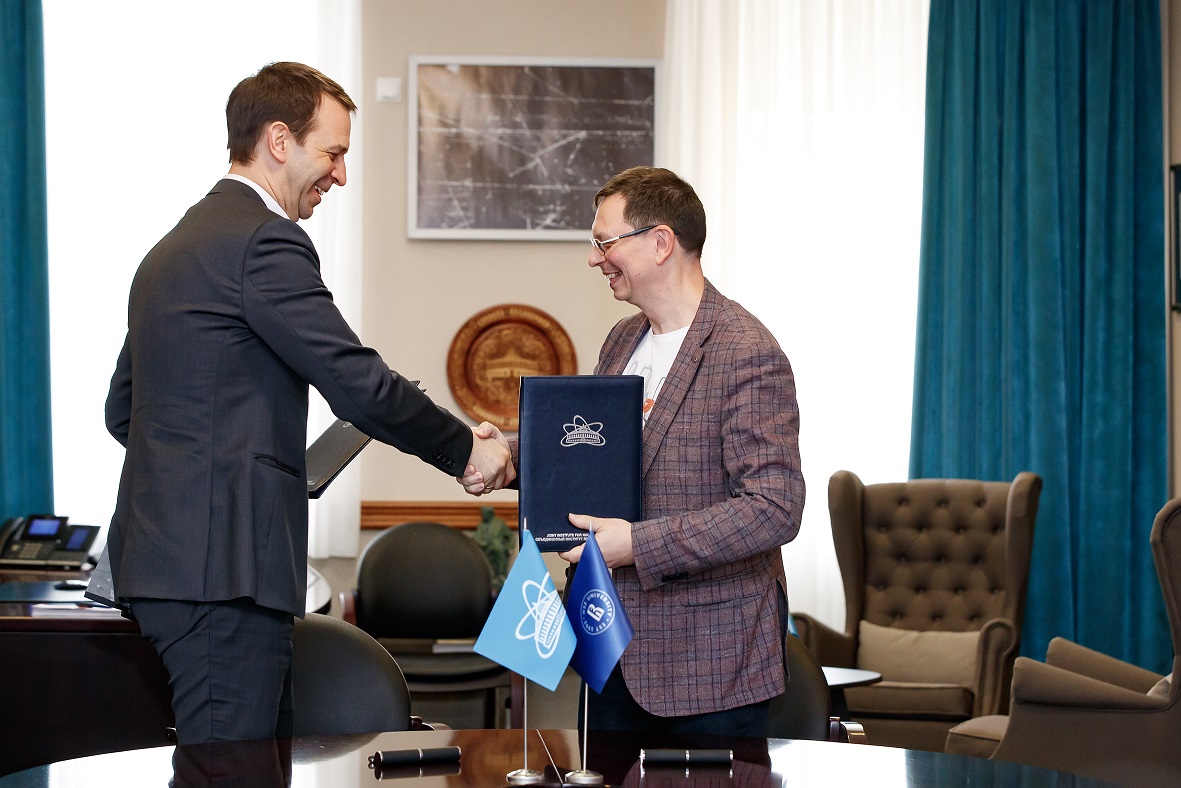HSE Scientists Win Prestigious International Prize in Fundamental Physics

The 2025 Breakthrough Prize in Fundamental Physics has been awarded to the international collaborations of experiments at the Large Hadron Collider (LHC) at CERN, including the LHCb collaboration, in which researchers from HSE University have participated.
The scientific contribution of HSE researchers was recognised as part of the LHCb collaboration for results obtained during the second run of the LHC (RUN2). Their work led to two fundamental achievements: the discovery of numerous new particles, including entirely new types—tetraquarks and pentaquarks—which have expanded our understanding of the structure of matter, as well as high-precision measurements of matter–antimatter asymmetry in rare processes. These results bring science closer to solving one of the greatest mysteries of our universe—the dominance of matter over antimatter.
Among the prize winners are staff members of the Laboratory of Methods for Big Data Analysis at the HSE Faculty of Computer Science: Head of the Laboratory Denis Derkach, Leading Research Fellow Fedor Ratnikov, Senior Research Fellow Mikhail Hushchyn, Research Fellows Alexey Boldyrev and Artem Ryzhikov, and Junior Research Fellow Vladimir Bocharnikov. Also recognised are researchers who have worked at the laboratory over the years: Senior Lecturer at the Big Data and Information Retrieval School at the HSE Faculty of Computer Science Maksim Karpov, Lecturer Alexander Rogachev, Kenenbek Arzymatov, Vladislav Belavin, Maxim Borisyak, Tatiana Gaintseva, Alexander Inyukhin, Nikita Kazeev, Tatiana Likhomanenko, Artem Maevskiy, Sergey Mokhnenko, Sergey Popov, Alexey Rogozhnikov, Andrey Ustyuzhanin, Anton Filippov, and Viktoria Chekalina.

Fedor Ratnikov
‘Working on experiments at the forefront of science greatly stimulates creativity, inspires new achievements, and broadens scientific horizons,’ notes Fedor Ratnikov. ‘Training highly qualified researchers is one of our university’s key missions, and participation in cutting-edge international research is the most effective way to fulfil this mission.’

Denis Derkach
Denis Derkach, in turn, emphasises that the CERN experiments have clearly demonstrated how large-scale collaboration can lead to breakthrough discoveries. ‘I hope that similar discoveries will be made in the future within other major projects, including those located in Russia,’ he says.
The awarding of the 2025 Breakthrough Prize to an international collaboration involving Russian scientists reflects their significant contribution to CERN experiments conducted up to July 2024.
‘We are now building cooperation with the mega-science experiments at the NICA ion accelerator at the Joint Institute for Nuclear Research (JINR) in Dubna, transferring our accumulated expertise there and involving early-career researchers in the work. We expect to sign formal collaboration agreements between HSE and the NICA experiments in the near future,’ says Fedor Ratnikov.

On March 29, 2024, HSE University signed a cooperation agreement with the Joint Institute for Nuclear Research. The document was signed by HSE Rector Nikita Anisimov and JINR Director Grigory Trubnikov. In mid-June 2024, the first joint working meeting took place in Dubna. In March this year, cooperation and joint projects were discussed during a meeting at the Meshcheryakov Laboratory of Information Technologies.
NICA (Nuclotron-based Ion Collider fAcility) is a new accelerator complex being developed at the Joint Institute for Nuclear Research in Dubna to study the properties of dense baryonic matter. Scientists hope the facility will help them understand how protons and neutrons were formed in the first moments after the Big Bang. Run 1 at NICA began on March 25, 2025.
Context
In March 2022, the European Organisation for Nuclear Research (CERN) suspended Russia’s status as an observer. In June of the same year, the organisation’s council decided not to renew its cooperation agreements with Russia and Belarus beyond 2024. An official statement from the Russian Foreign Ministry, published in December 2024, noted: ‘As of December 1, 2024, the Agreement between the Government of the Russian Federation and CERN on Research and Technical Cooperation in High Energy Physics and Other Fields of Mutual Interest, as well as the Protocol to the Agreement signed in Geneva on 16 April 2019, ceased to be in effect.’ CERN also ended collaboration with approximately 500 specialists linked to Russia.

